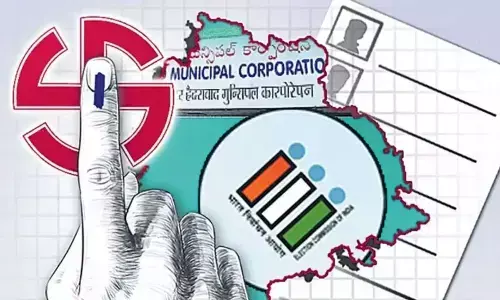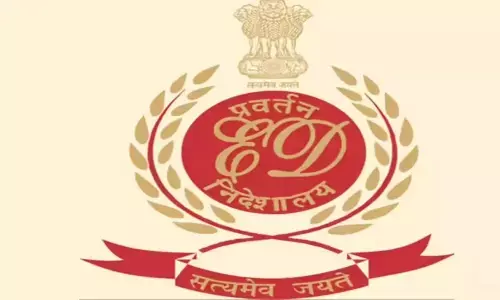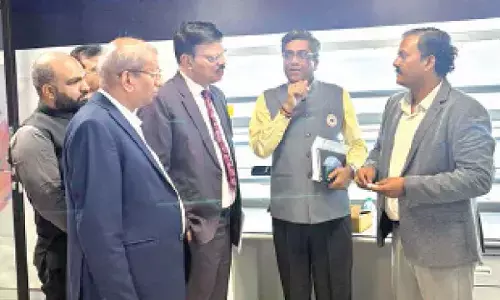Recording wife's talk sans her knowledge a violation of privacy: HC

Representational image
Recording of wife's telephonic conversation without her knowledge is infringement of her privacy, the Punjab and Haryana High Court has observed.
Chandigarh: Recording of wife's telephonic conversation without her knowledge is infringement of her privacy, the Punjab and Haryana High Court has observed.
The court of Justice Lisa Gill passed the order last month on a plea filed by a woman who challenged a 2020 order of the Bathinda family court. The Bathinda family court had allowed the woman's estranged husband to prove a CD pertaining to recorded conversations between him and his wife subject to the condition of its correctness.
"Recording of telephonic conversation of the wife without her knowledge is a clear cut infringement of her privacy," observed the high court. "Furthermore, it cannot be said or ascertained as to the circumstances in which the conversations were held or the manner in which response elicited by a person, who was recording the conversations, because it is evident that these conversations would necessarily have been recorded surreptitiously by one of the parties," it further observed. The husband had submitted a petition in 2017 seeking a divorce from the woman. Their marriage was solemnised in 2009 and the couple had a daughter together.
During cross-examination, an application was moved by the husband in July, 2019, seeking permission to submit his supplementary affidavit by way of examination-in-chief along with the CD and transcripts of conversations recorded in memory card or chip of the mobile phone. In 2020, the family court allowed the husband to prove the CD subject to the condition of correctness and also observed that strict principles of evidence were not applicable to the proceedings before it, keeping in view Section 14 and 20 of the Family Court Act. Thereafter, the wife approached the high court.
The counsel for the wife argued that the evidence sought to be led by the husband is completely beyond pleadings, therefore, absolutely impermissible. It was contended that the pleadings do not refer to any such conversations which are sought to be proved. "Therefore, this evidence has been wrongly accepted. Furthermore, the said CDs are a clear-cut infringement and downright invasion of the wife's privacy, thus, a violation of Article 21 of the Constitution of India, as the conversations have been recorded without knowledge, what to say of consent of the petitioner," the counsel argued. The counsel further contended that the family court has given a complete go bye to Section 65 of the Indian Evidence Act, because if recordings were done through a mobile phone, CDs of the recording and transcripts thereof in any case cannot be accepted as evidence.










